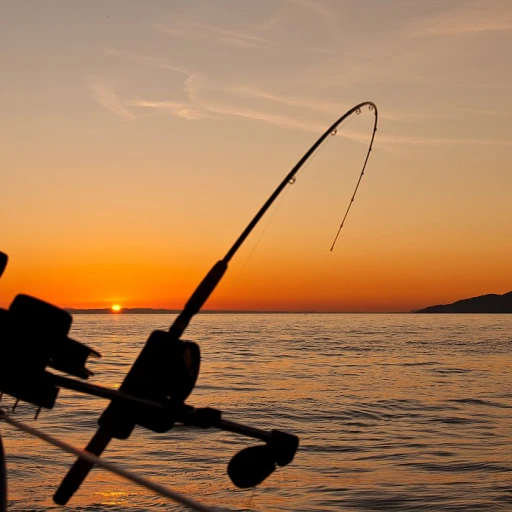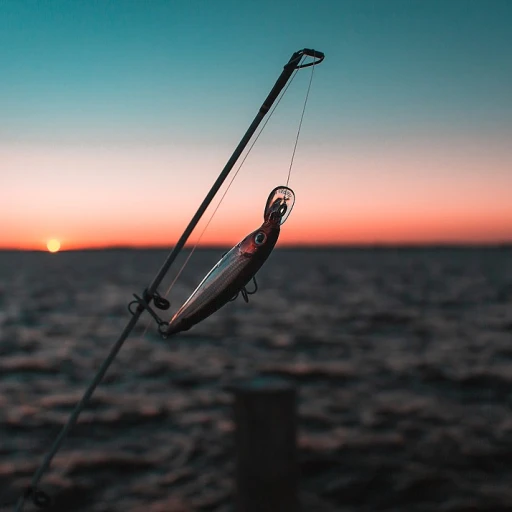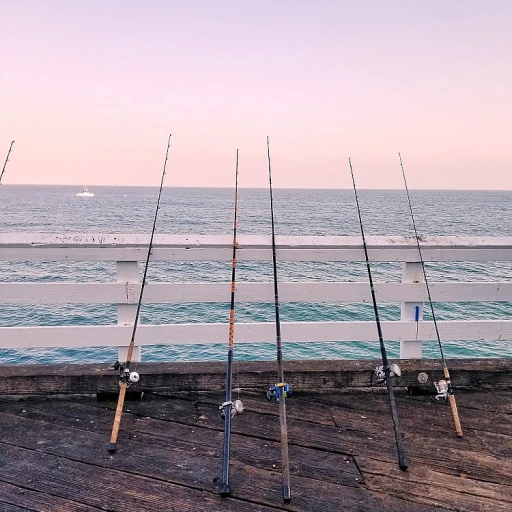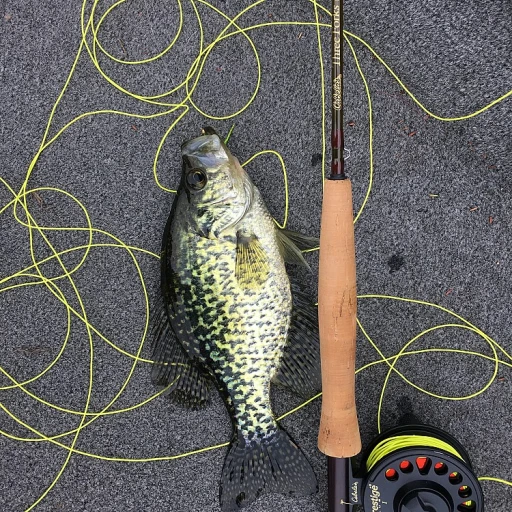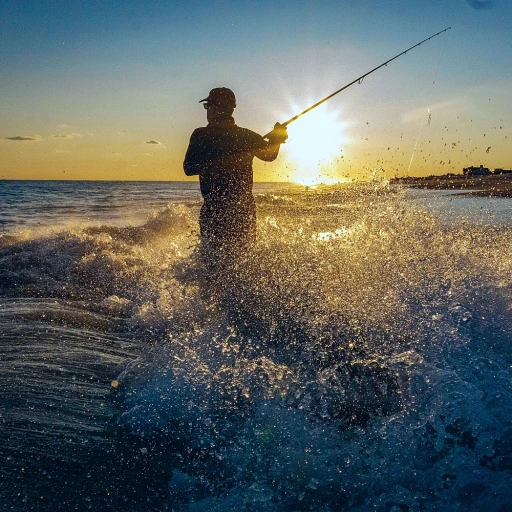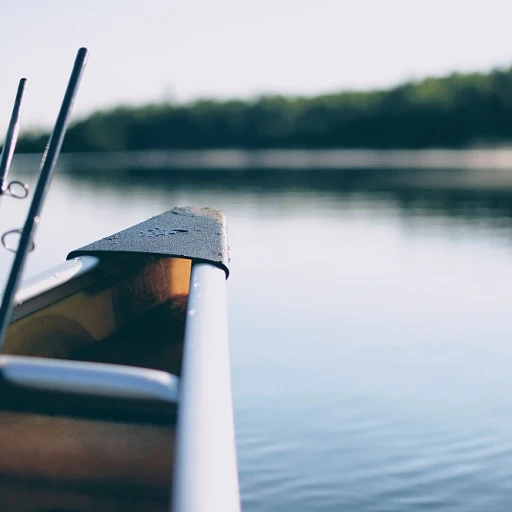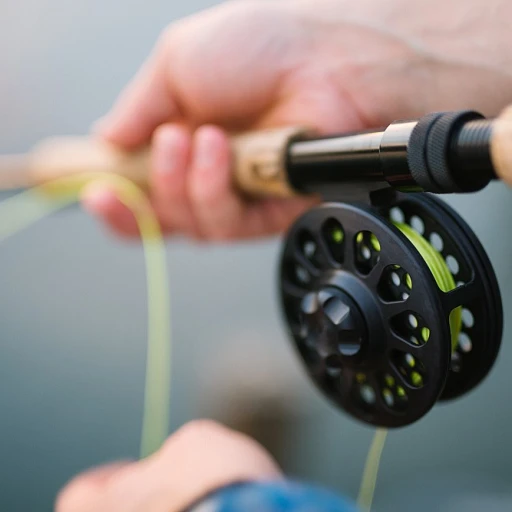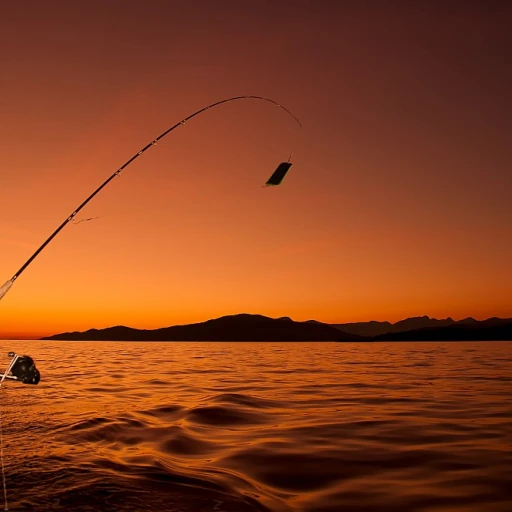
Understanding the Role of Oils in Fishing
The Importance of Oils in the World of Fishing
Understanding the significance of oils in recreational fishing can greatly enhance your angling experience. Oils play a critical role in making fishing lures more attractive to fish, increasing the likelihood of a successful catch. When anglers use oils effectively, they manage to craft the perfect lure that turns the heads of various fish species, including the much-coveted salmon.
Oils act as essential attractants, enticing fish with their irresistible aroma and flavor. Fish oils, like pro cure and cod liver, are popular choices for coating baits and lures. These oils release a scent in the water that can attract fish from considerable distances. For those targeting specific species, using the right fish attractants is crucial to maximize your catch. For instance, utilizing salmon attractants when targeting salmon ensures you have the best possible tool in your angling arsenal.
Aside from their aromatic properties, oils also offer practical advantages. They help in reducing the friction between the fishing line and water, allowing for smoother and farther casts. Additionally, applying oils to your fishing gear can protect them from the corrosive effects of saltwater and extend their lifespan.
For those interested in exploring the new era of fishing innovations, it might be worth considering integrating essential dock cleats into your overall fishing setup. This can further enhance your fishing experience by providing a stable and reliable platform for your equipment.
Popular Oils Used in Recreational Fishing
Widely Used Oils in the Fishing Community
Oils play a crucial role in recreational fishing, often enhancing the appeal of baits and lures. Various types of oils are popular among fishermen for their effectiveness in attracting different species. Some of these oils include fish oil, liver oil, and essential oils, each bringing its unique properties to the table.
Fish Oil: Known for its strong scent, fish oil is a top choice for many anglers aiming to catch species like salmon and other game fish. It helps in creating an oily slick in the water that effectively lures fish towards your bait.
Liver Oil: Cod liver oil is another favorite, offering a potent attractant quality. Its high concentration of natural attractants makes it ideal for drawing in a wide range of fish species, boosting your chances of a successful catch.
Essential Oils: These oils are used for their aromatic properties, subtly enhancing bait effectiveness. Anise and garlic are popular essential oils in fishing lures for their ability to provoke an enticing reaction from fish.
Understanding these oils' specific benefits can make a significant difference in your fishing success. Incorporating the right mix of these oils in your fishing strategy can result in a more productive outing. To get the best results, consider learning about the perfect outdoor fish fryer to preserve the quality of your catch after a successful day on the water.
How to Choose the Best Oil for Your Fishing Needs
Identifying the Right Fishing Oil for Your Strategy
Choosing the right oil can be pivotal to enhancing your fishing success. The decision often boils down to understanding the specific needs of your fishing environment, targeted species, and personal preferences. Here are some key considerations:- Type of Fish: The species you're targeting plays a major role in determining which oil to use. For instance, salmon may respond better to certain fish attractants compared to other species. Matching the oil type to the fish can increase your catch rates significantly.
- Water Conditions: Consider whether you're fishing in fresh or saltwater. Some oils break down more rapidly in saltwater, influencing the effectiveness of your bait. Additionally, the type of line and the fishing environment can impact how well an oil disperses.
- Bait and Lures: Determine whether you're using live bait, artificial lures, or a combination of both. Certain essential oils can be more effective when integrated into frying fish or live bait setups to create a more alluring scent trail.
- Oil Characteristics: Each oil comes with specific attributes such as its smoke point and viscosity. Cod liver oil, for example, has versatile applications, whether you're looking to fry fish or use it as a fish attractant. It's important to know how the oil will react in various conditions and how it enhances your lures and baits.
- Budget Considerations: The unit price of oil may vary, particularly among quality essential oils and fish oils. Balancing cost with effectiveness is crucial for a sustainable fishing practice.
Application Techniques for Maximum Effectiveness
Application Techniques for Effective Fishing
Applying oil to enhance your fishing efforts can significantly impact your success rate. However, knowing the correct application techniques is crucial for achieving maximum effectiveness. First, it's essential to understand that the choice of oil, whether it's fish oil, cod liver oil, or essential oils, directly influences how it attracts fish. To start, when you're using oil as a bait enhancer, the method of application matters. For instance, coating your fishing lures or baits with these oils can create a powerful fish attractant. The best approach is to lightly douse or brush the oil onto your lure bait. This technique ensures that the scent disperses continuously in water, luring fish towards it. If you're working with soft lures, pre-soaking them in your preferred oil overnight can embed the scent deeper into the material, providing a lasting effect. This is particularly effective for targeting oil-sensitive species like salmon fish, which often rely heavily on their sense of smell when hunting. Another important point to consider is the water conditions. In rough waters where the oil may disperse quickly, frequent reapplication is key. Additionally, selecting oils with a higher durability against washing away, such as thicker fish oils, can be more effective in such situations. While customization like DIY oil blends can offer a unique edge, be wary of their potential drawbacks. They might not always match the effectiveness of well-proven commercial solutions, and understanding what works best can require some trial and error. In conclusion, the right oil application will significantly enhance your fishing outcomes. Equip yourself with an understanding of the oils' roles and make informed choices in applying these attractants to hold the attention of your targets and increase the likelihood of a rewarding fish catch.DIY Oil Blends for Custom Fishing Solutions
Customizing Your Own Oil Blends for Enhanced Fishing Results
Creating your own oil blends offers the opportunity to tailor attractants specifically for your targeted fish species. By doing so, you'll enhance the appeal of your baits and lures even further. Consider the following tips when developing your custom fishing oil blends:- Essential Oils: Essential oils like anise or garlic serve as powerful attractants. They have captivating aromas that can entice various species such as salmon or bass. These oils can be mixed with fish oils to enhance the smell and visual appeal of your bait.
- Fish Oils: Classic options like cod liver oil or other fish oils are crucial elements in creating a potent blend. Their natural scents are universally attractive across a wide range of fish species. Combine these with frying oils to increase the spread of your blend in the water.
- Balancing Smell and Consistency: Experiment by mixing lighter oils with heavier ones to find a consistency that will coat your bait without being too thick. This is especially important for lure baits that need to maintain their motion in water.
- Test and Iterate: Not all blends work for all conditions. Test different combinations in varied environments. Observe which specific formulations contribute to a higher fish catch rate and refine accordingly.
- Consider Water Conditions: The post provides insight into different oils' effectiveness based on water temperature and clarity. Use this information to decide the smoke point and viscosity necessary for your blend.
Potential Drawbacks and Considerations
When the Use of Oils May Not Be Ideal
Using oils to attract fish and enhance your fishing experience can have tremendous benefits. However, it is essential to be aware of some potential drawbacks and considerations to make informed decisions. While oils such as essential oils, fish oil, or liver oil are popular for attracting species like salmon fish, using them without understanding their properties may lead to some unintended consequences.- Environmental Impact: Certain oils, when introduced into the water in significant quantities, might affect the aquatic environment negatively. It is crucial to select environmentally-friendly options that do not harm the water ecosystem or other marine life. This ensures sustainability and protects future fishing opportunities.
- Cost Considerations: High-quality oils come at a price, and their frequent use could become expensive. Evaluating the unit price of fish attractants and balancing it against your fishing goals will help maintain a practical approach.
- Application Challenges: Oils can be difficult to apply at times, especially if you’re aiming for an even coating on baits and lures. Also, if not used properly, oils can leave a residue on hands and equipment, which could lead to cleanup issues.
- Compatibility with Fishing Gear: Not all oils are compatible with every type of lure or bait. Some oils have a low smoke point, which can accelerate frying fish odors around your setup or alter the taste of a fish fry unintentionally. Testing oils on different fishing lures helps determine which combinations work best without compromising quality.
- Regulatory Restrictions: Lastly, be aware of any local regulations regarding the use of oils in fishing. Some areas may have banned specific types of attractants due to ecological reasons.

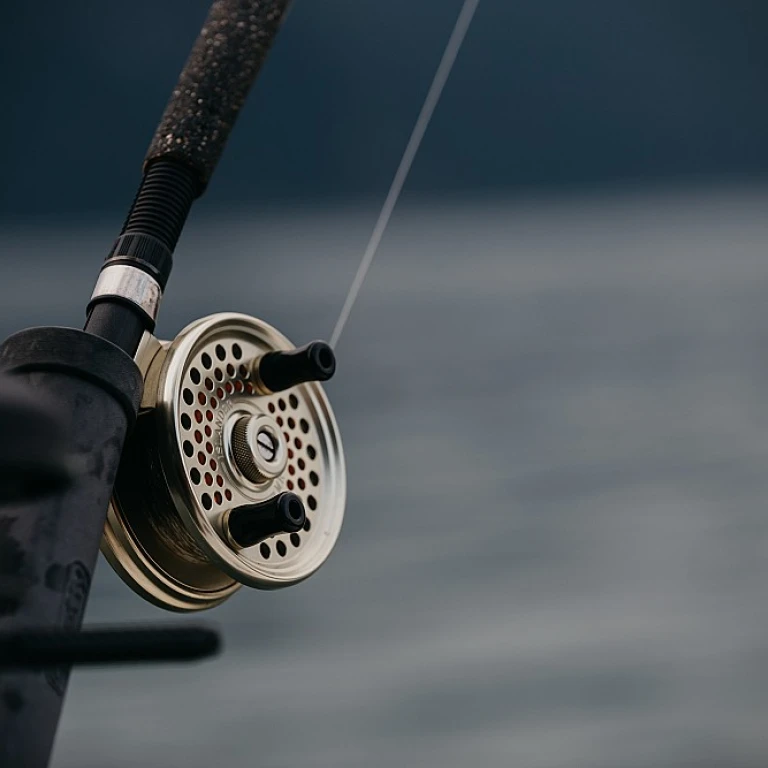
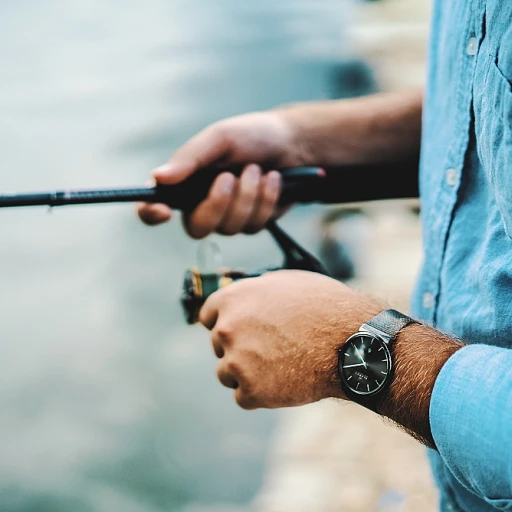
-large-teaser.webp)
